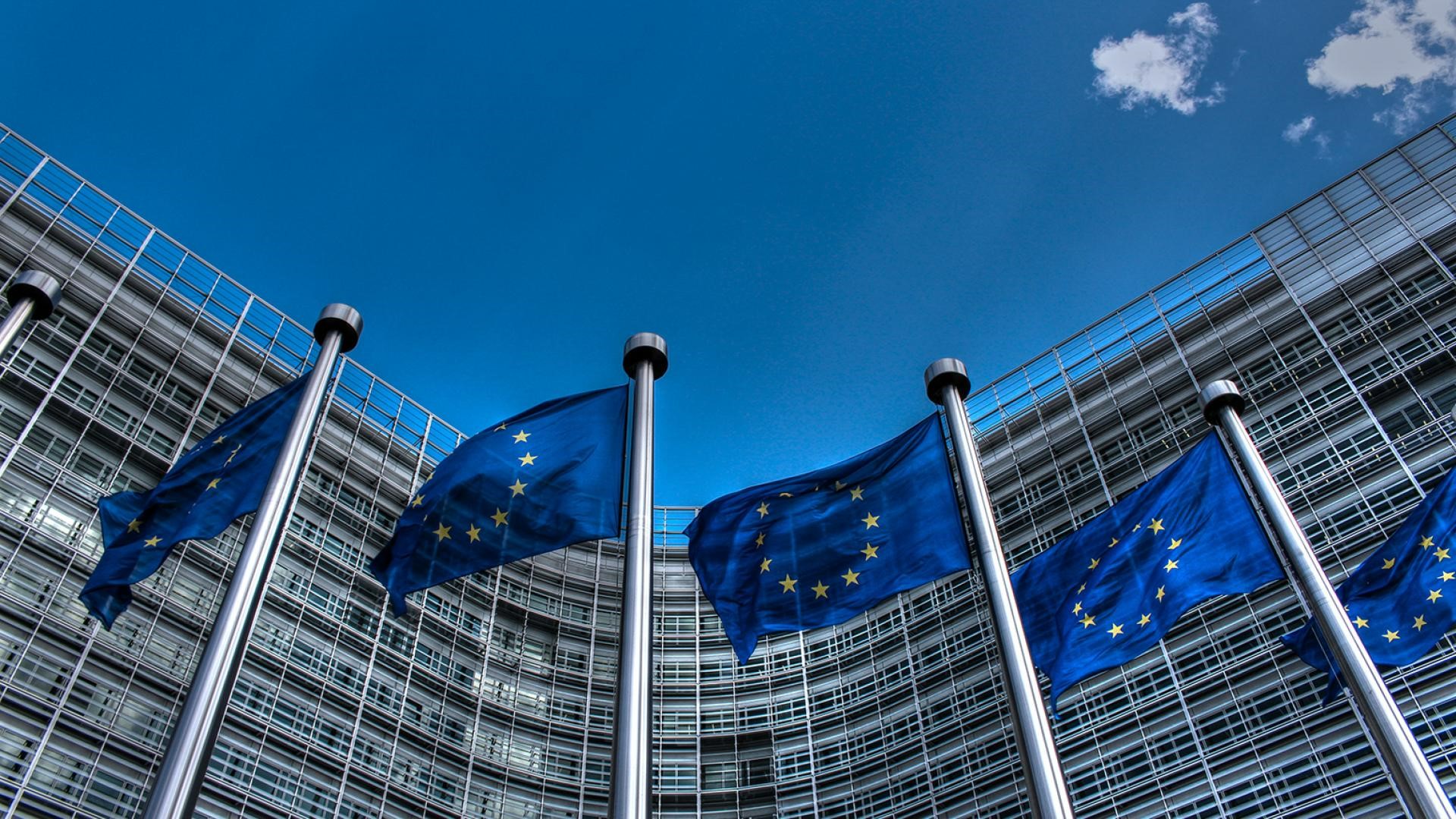
Working Group – Violence against Women and Domestic Violence
In March 2022, the European Commission presented a proposal for a new EU Directive on Violence... View more
Summary-EU Legislative proposal on Violence against Women and Domestic Violence
Summary-EU Legislative proposal on Violence against Women and Domestic Violence
On 8 March 2022 (International Women’s Day), the European Commission published a legislative proposal for a Directive on Combating Violence against Women and Domestic Violence (VAW and DV). The proposal aims to adopt common and harmonised EU-based rules on fighting VAW and DV, in line with the Istanbul Convention, to which the EU is still trying to access. The proposal criminalises several offences and aims to improve the provision of support and protection to victims.Structure of the proposal:
– Chapter 1: General provisions, definitions and scope of the Directive
– Chapter 2: Offences concerning sexual exploitation of women and children and computer crime
– Chapter 3: Protection of victims and access to justice
– Chapter 4: Victim support
– Chapter 5: Prevention
– Chapter 6: Coordination and Cooperation
– Chapter 7: Final provisions
Key points:
The legislative proposal suggests the criminalisation of the following offences:
– Rape based on lack of consent
– Female genital mutilation (FGM)
– Non-consensual sharing of intimate or manipulated material
– Cyber stalking and harassment, incitement to violence or hatred
While most of the provisions and offences are defined using a gender-neutral text, rape and FGM are targeting only women and girls. This limitation is due to the legal basis used to issue the Directive, Article 83(1) of the Treaty on the Functioning of the European Union (TFEU), which is restricted, in connection to this Directive, to sexual exploitation of women and children.
The Directive aims to improve the victims’ access to justice and protection, notably by improving reporting channels (reporting and submission of evidence via online channels and information and communication technologies), expanding the use of risk and needs assessments, developing emergency, barring and protection orders, ensuring effective referral mechanisms, among others. It also aims to better train and prepare law enforcement and judicial officials to ensure the respectful treatments of victims.
On victim support, the proposal focuses on the provision of specialist support to victims of VAW/DV and to specific groups such as victims of sexual violence, FGM and sexual harassment at work. It aims to establish mandatory one-stop shops/contact points to improve coordination as well as free and
confidential helplines. The Commission foresees the creation of an EU-wide 116 016 helpline for the provision of information and support to victims of VAW/DV.
To enhance the prevention of VAW and DV, the proposal introduces mandatory general and specialist training for professionals that are likely to be in contact with victims, including healthcare professionals, social services and education staff.
Finally, coordination measures include the establishment of an official body to coordinate and oversee policies in this area and mechanisms to ensure the effective coordination of all agencies involved in supporting victims, in particular NGOs.
Next steps and challenges
A feedback consultation has recently been launched by the Commission – open until 18 May -, to provide feedback on the proposal. We encourage you to provide feedback and share your views with us if you have the time. When adopted, this Directive will have an important impact on the Member States’ obligations regarding the provision of protection and support to victims of VAW/DV, consequently impacting your work.
VSE is currently planning its response to the consultation and developing its position on the Directive for the upcoming negotiations with the European Parliament and the Council of the EU – and consequently Member States.
Some challenges for negotiations have been already identified around the binding language used in the Directive – in particular for training -; the definition of consent; confidentiality barriers for professionals (e.g. healthcare) for reporting VAW/DV; the provision of support free of charge and the involvement of and coordination with generic support services.
Sorry, there were no replies found.
Log in to reply.
